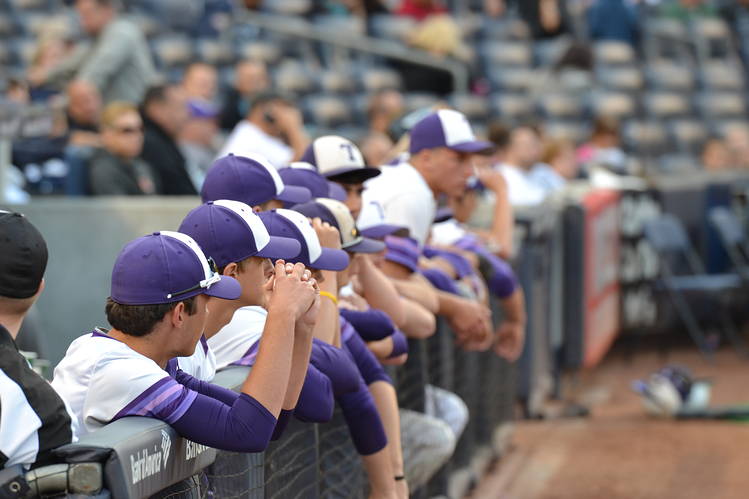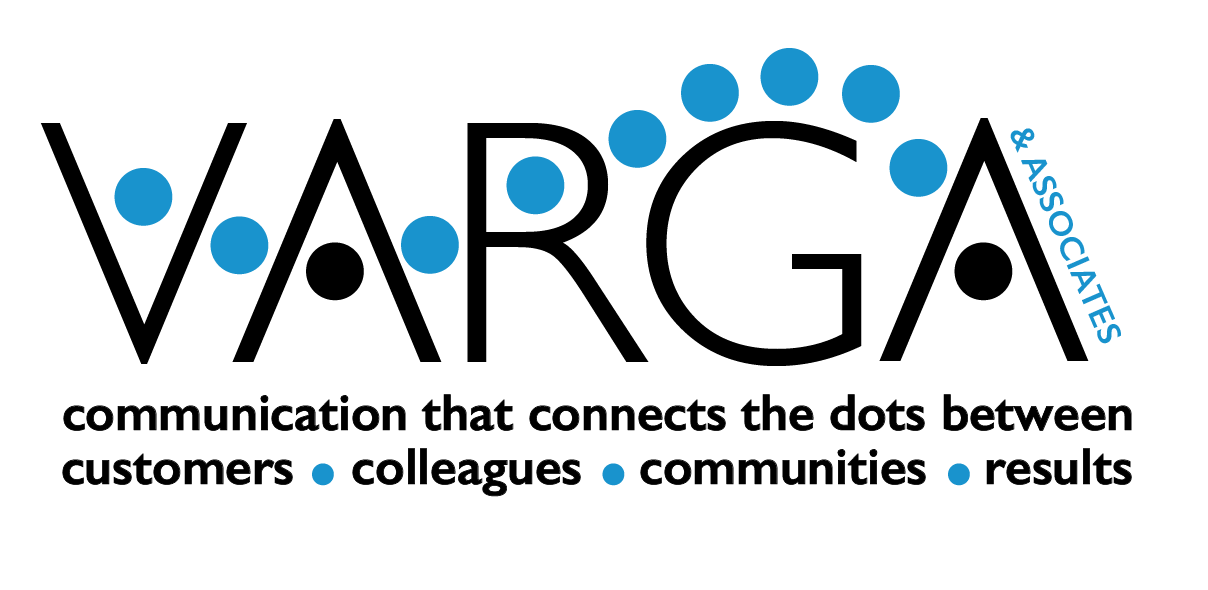
We all know what it is like to be part of a team that is engaged, energized, purposeful, and having fun all the while. Either we have experienced it ourselves, or witnessed it. When you attempt to dissect the winning formula for great teams, it usually doesn’t come down to having big talents or experts. More often you find it is the intangibles – the communication, the chemistry, the camaraderie, and the coaching.
This was brought home to me in baseball writer Lonnie Wheeler’s newest book: “Intangiball: The Subtle Things That Win Baseball Games.” Wheeler suggests that the statistical analysis of players often guides decisions and perceptions around which players are considered most valuable. He shares that “players who work hard, set good examples, mentor other players and create a positive clubhouse atmosphere can make teams better in ways that are easier to see than they are to measure.”
In his book, Wheeler, talks about the “environmental intangibles.” Those are the things most people can’t see. They may occur in the offseason, the dugout or the clubhouse. It’s players, by whatever means, making others around them better through counsel, through example, and through work ethic. It’s social. Players rubbing off on each other, playing well together and creating a culture and atmosphere that is conducive specifically to winning. It is not just creating a positive environment – it can also manifest as tough love and harsh words, if needed and necessary.
Wheeler references the example of the Cincinnati Reds back in the 70’s. He said they had a great foursome – Tony Perez, Pete Rose, Johnny Bench and Joe Morgan. They were famous for their ongoing, raucous needling of one another. In 1975, the team was struggling and had a losing record. The manager, Sparky Anderson, decided that the joking and needling might be too much and given their poor record he asked that they stop and take it easy on the young players on the team. It didn’t work. They weren’t having as much fun. The clubhouse environment suddenly went cold. Morgan got hurt one day, went to the doctor and reported back to the ballpark. The next day, he simply had enough and said, “screw you Rose, screw you Bench, screw you Perez”…and finally, “screw you Sparky.” And from that point on, the Reds posted a .750 winning percentage. It was a dramatic turnaround and they ultimately went on to win back-to-back World Series.
It is hard to verify that the return to the team’s true personality helped them win – but it sure didn’t hurt. Every team has a personality and we know that when people are having fun together – when they are “all in” – it influences the energy and passion of the team. Who doesn’t want to work hard and play hard together?
So take a look at this dynamic in your own situation with your own team. What do you see?
- Does your team socialize outside of the workday?
- Do they feel comfortable with some good-natured fun at work?
- Do they coach each other to be better?
- Does your team have an unmistakable winning personality?
Notice what is happening – or what is not – with your work teams. You may have a superstar or two but if, as a whole, they are not connecting, helping each other get better and having fun, you may need to change things up.






